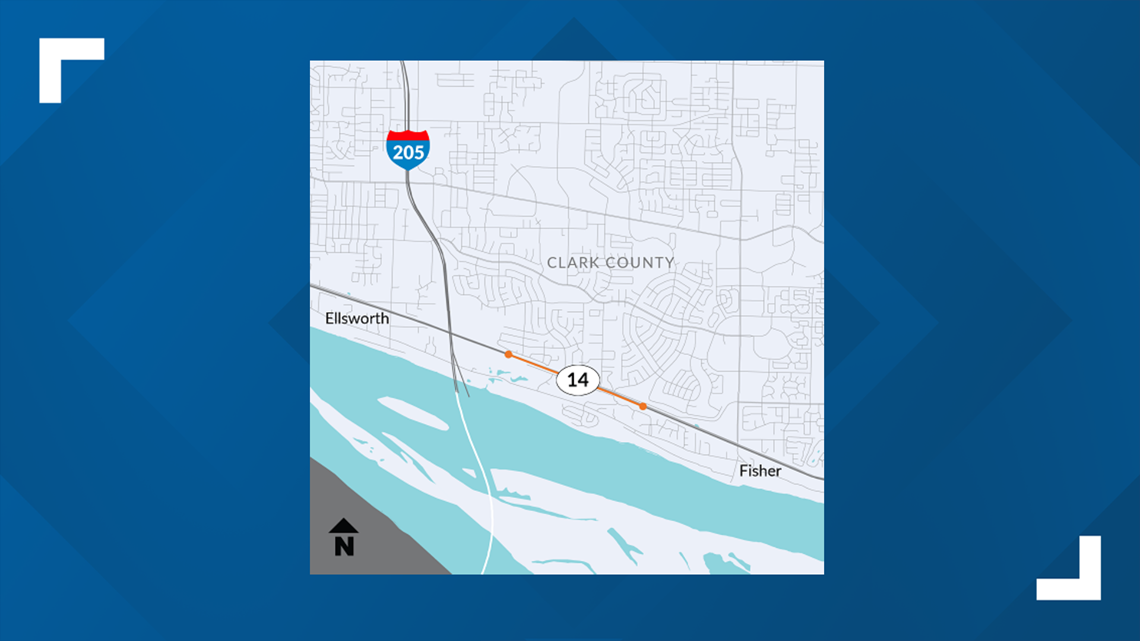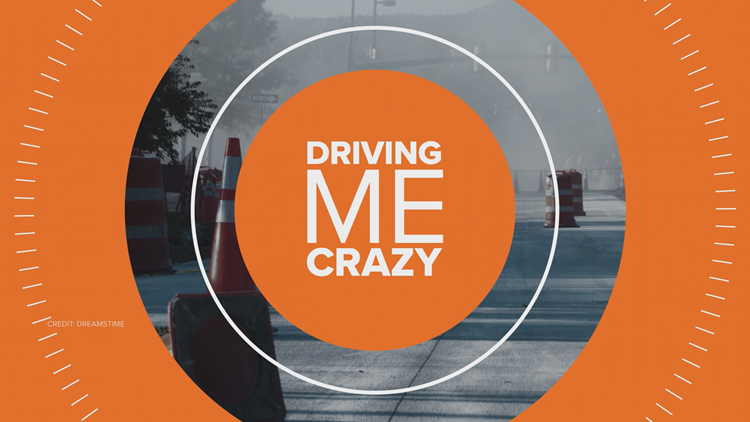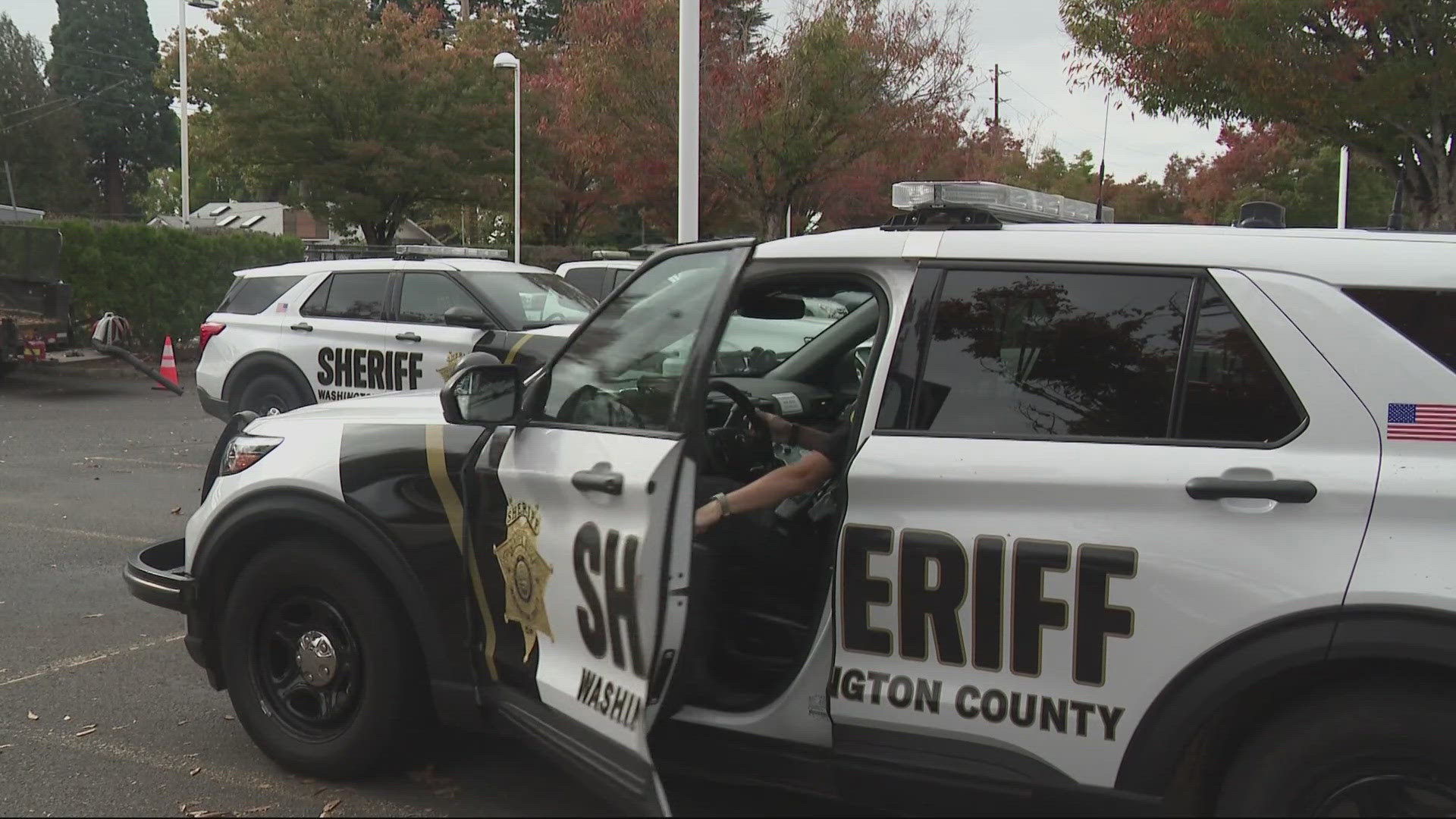PORTLAND, Oregon — Merging ranks high on the list of things that make a driver anxious. So how good are we at it?
According to a very small survey of drivers gassing up at Radio Cab in Northwest Portland, not very good. Or at least, "the other guy" is not very good. The responses were pretty funny, as you'll see in the video, and spot on in some cases.
The Washington Department of Transportation (WSDOT) aims to change that with a new awareness campaign where I-205 meets SR-14.


The important takeaway is that WSDOT wants drivers to use the entire merging lane during traffic congestion. What this means is that drivers entering a freeway are expected to drive all the way to the merge point -- where their lane ends -- before squeezing over into the next "through lane".
What that merge looks like from above is exactly what it's called: a zipper merge.
Derek Wing of PEMCO insurance explains, "Basically, the zipper merge is when cars in two separate lanes merge into one lane, and they each take turns like the teeth of a zipper."
It's the "taking turns" part that seems to hang up drivers already in the through lane. There's a perception that late merging drivers are cheating and, well, there's all the psychology that comes with that.
But late merging accomplishes a couple of things. For one, it uses all of the available roadway for all the traffic that's on the road -- a greater good argument. That means more cars can pass through a bottle neck faster than if every merging driver picked a different spot to try to make that merge.
Secondly, it's safer, says PEMCO's Derek Wing.
"If done, right, most cars ended up going the same speed. So that actually cuts down on the possibility and danger of crashes," Wing said.
WSDOT points out that proper zipper merging reduces congestion by as much as 40%. And while they don’t yet have data on this specific program, they say similar warning signs placed on I-5 during September’s Trunnion Replacement Project clearly made an impact for the better.
So, it’s not cheating to go all the way to the merge point. That’s the way it’s supposed to work.
I do the Driving Me Crazy feature as a generally -- but not always -- lighthearted take on things that drive people nuts on area roadways. Most of us can relate, and most of these topics are your ideas. What drives you crazy? Post your videos and pictures on my Facebook page. On Twitter. Or if you're just anti-social you can email me cmcginness@kgw.com




